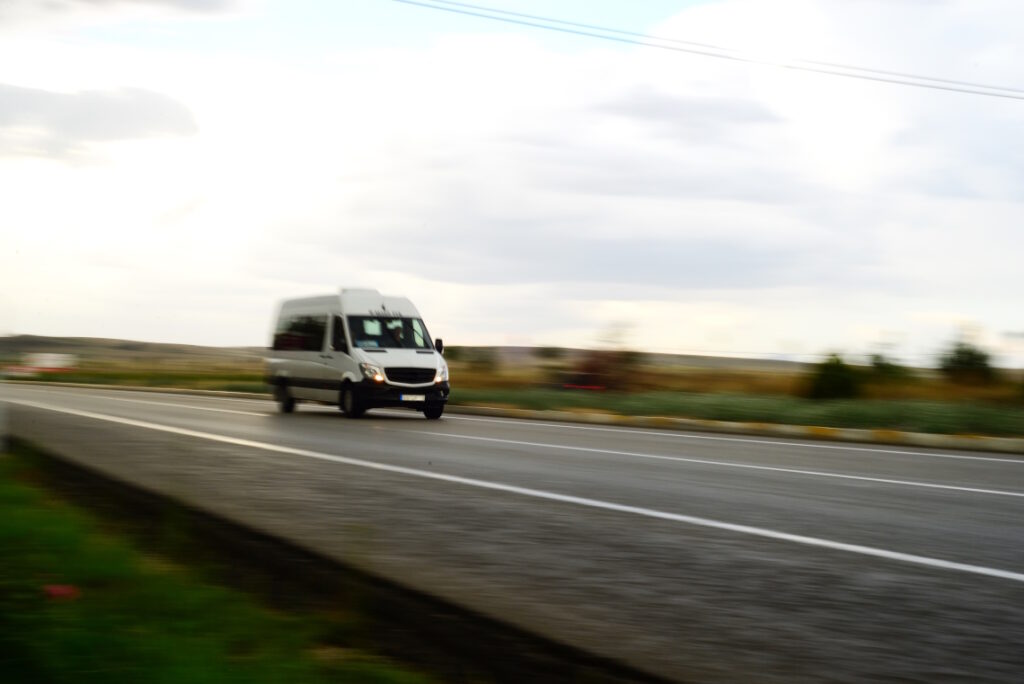
The National Minimum Wage (NMW) is payable to workers whenever they are carrying out ‘time work’. The question of whether travel time is ‘time work’ for the purposes of National Minimum Wage was considered recently by the Employment Appeal Tribunal in Taylor’s Services Limited v HMRC.
Taylor’s Services Limited v HMRC
In this case, zero-hours workers travelled to farms around the country providing poultry services. They were picked up by their employer’s minibus from their home addresses. HMRC issued a notice of underpayments of NMW to their employer. HMRC concluded that time spent by the workers travelling by minibus, to and from their home addresses to the various farms, ought to be paid at national minimum wage. The employment tribunal agreed with this position.
The Employment Appeal Tribunal disagreed. It held that time spent ‘just’ travelling is not “time work” for the purposes of National Minimum Wage Regulations 2015 (NMW Regs 2015), unless it is deemed to be such by the NMW Regs 2015. These also state that travel from home to a place of work is not time work. Unless there is ‘work’ being done while ‘travelling’, the time spent on that activity cannot be ‘work’. The mere fact that the travel is travel that the worker is obliged by the employer to undertake – using their minibus – does not turn the travel into work.
The Regs state that travel from home to place of work is not time work, but travel from a place of work onwards to a third-party site would be time work. The EAT did comment that this led to an injustice: “If the employer requires the employees to be collected from, and returned to home, then they are not (on my analysis) entitled to NMW, but if the employer requires them to come to its premises first, then the subsequent travel is deemed to be “time work” and the NMW is payable”.
Employers note
This case is a helpful one for employers – remember that National Minimum Wage is not payable for travel from a worker’s home address to their place of work even if:
- that place of work is a third-party site; and/or
- the employer exercises control over the method of travel; and/or
- the travel takes a long period of time.
If you enjoyed this blog then perhaps you’d like to sign up to our monthly newsletter. We’ll keep you updated on what’s new in employment law.
The team at Hunter Law is here for you. We can handle your HR issues, finesse your policies, and keep you up-to-date on evolving legislation. Please get in touch with our legal team, we’d love to help.

